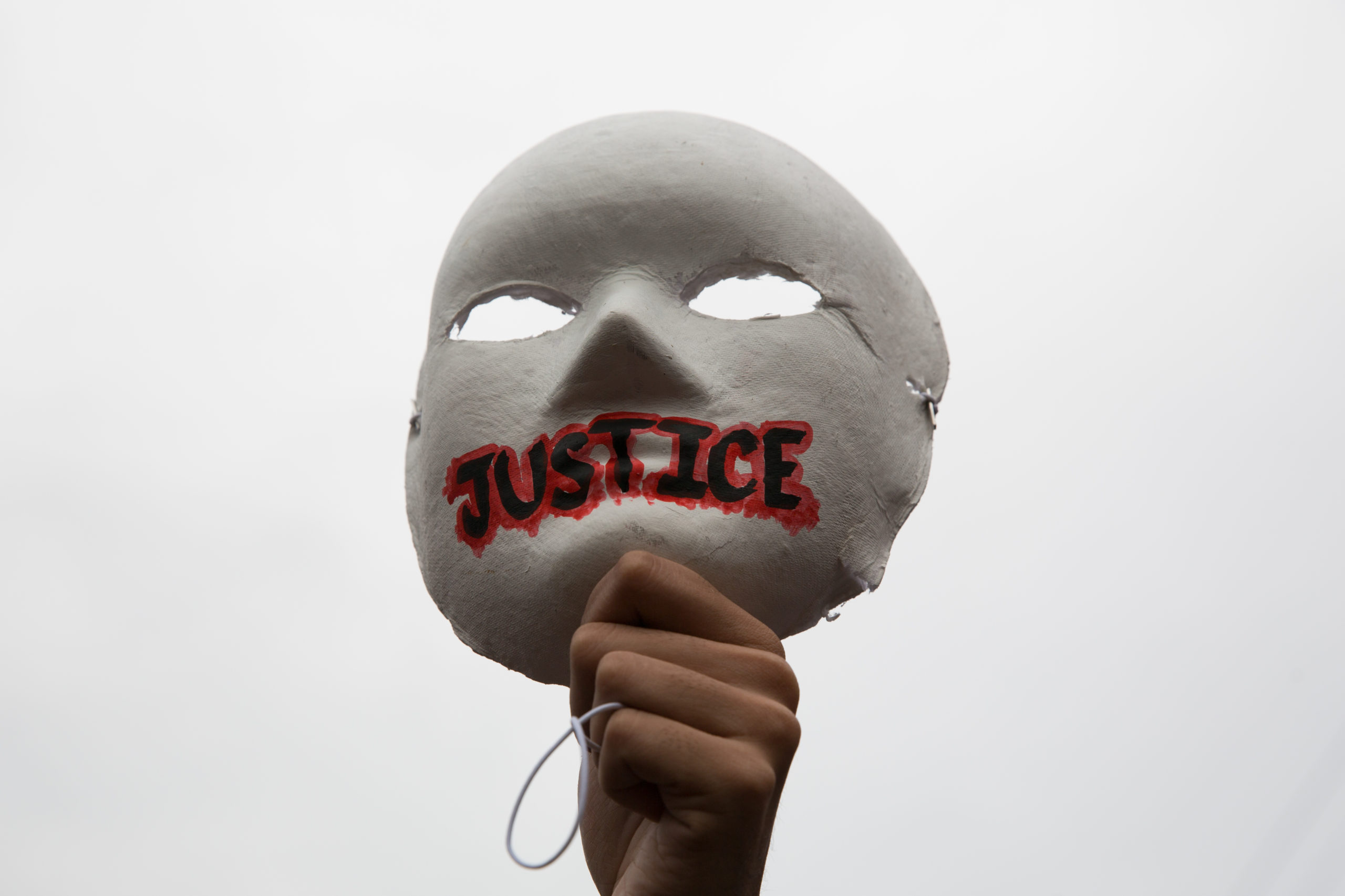Jasmin Jerusalem, executive director of the Leyte Center for Development (LCDe), reappeared in court on March 25, 2025, after charges against her were reinstated following an appeal by the Criminal Investigation and Detection Group (CIDG). The case was dismissed for lack of evidence on December 19, 2024, but has been revived following the court’s approval of the CIDG’s appeal.
The CIDG accuses Jerusalem of channeling LCDe resources to members of the CPP-NPA. As a result of the renewed charges, LCDe’s bank accounts and assets have been frozen, forcing the organization to temporarily halt its humanitarian and development programs in underserved communities lacking sufficient government support.
Michael Cabangon, spokesperson for Kilusang Mayo Uno (KMU) in the Cordillera and a national council member of the labor group, is facing charges under the Terrorism Financing Prevention and Suppression Act (TFPSA) of 2012. He received summons from the Department of Justice (DOJ) requiring him to appear before its Manila office on February 17 and 24, 2025, for a preliminary investigation. The case, filed by the CIDG-Cordillera, accuses him of providing support to communist rebels based on testimonies from alleged former New People’s Army (NPA) members. Incidents cited include allegedly hosting a witness in 2020 and donating rice to guerrillas in 2017.
Cabangon, who is also part of the cultural group Ebkas Waya (Speak Free), denies the allegations and views the charges as an attempt to suppress activism. KMU and other groups condemned the case as politically motivated, while the Cordillera Human Rights Alliance criticized the use of questionable witnesses, calling it a misuse of the law.
The growing number of cases filed under the TFPSA has attracted international scrutiny, with watchdogs like Amnesty International and Human Rights Watch calling on the government to cease using counterterrorism legislation to target development, humanitarian, and human rights organizations.
The DOJ reported last month that between 2020 and 2024, six individuals were convicted on terrorism financing charges out of 5,557 identified cases while 237 terrorism financing prosecutions have been initiated. These DOJ measures have contributed to the removal of the Philippines from the so-called “grey list” of the Financial Action Task Force. However, civil society groups claim that this result is linked to a high number of trumped-up terrorism financing charges against non-governmental organizations, development workers and human rights defenders.
Frenchie Mae Cumpio, a 25 year old Tacloban-based journalist and human rights advocate, also faces terrorism financing charges in addition to the original accusations of illegal firearms possession. Together with human rights worker Alexander Philip Abinguna and Rural Missionaries of the Philippines staff Marielle Domequil, Cumpio continues to languish in pre-trial detention five years after arrest. They were arrested on February 7, 2020, after the signing of the much assailed Executive Order No. 70, a directive which led to the formation of the National Task Force to End Local Communist Armed Conflict (NTF-ELCAC).
Cumpio’s situation serves as an “emblematic case” for the misuse of laws like the Anti-Terrorism Act of 2020 and the TFPSA against activists, civil society organizations, and rights defenders, said National Union of Journalists of the Philippines (NUJP) Chairperson Jonathan de Santos.
Amid growing calls to dismantle repressive state mechanisms, Marcos Jr. reaffirmed his commitment to the NTF-ELCAC. Responding to criticism from progressive lawmakers, including Gabriela Party-list Rep. Arlene Brosas, Marcos Jr. declared he would “never abolish” the task force.
Photo © Raffy Lerma

